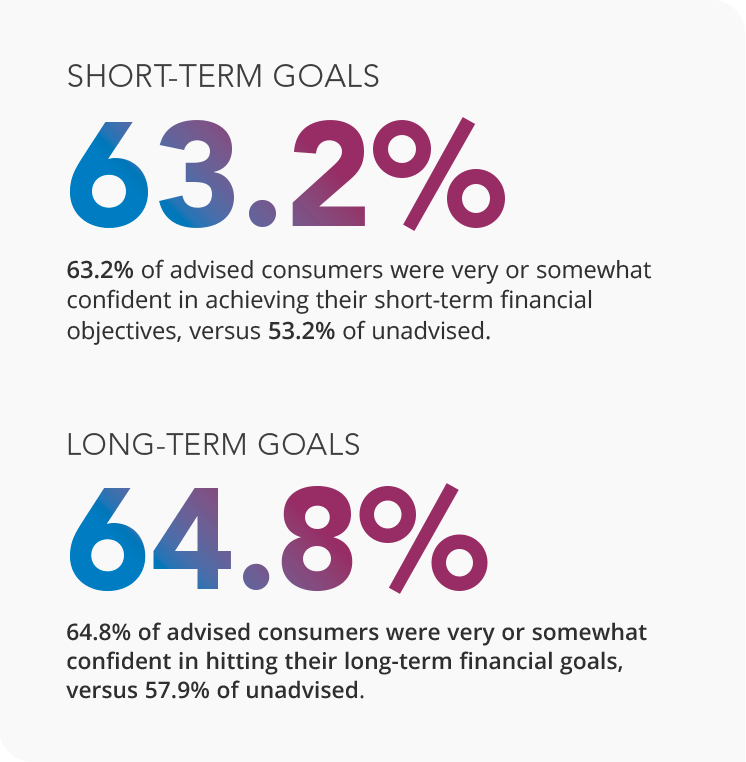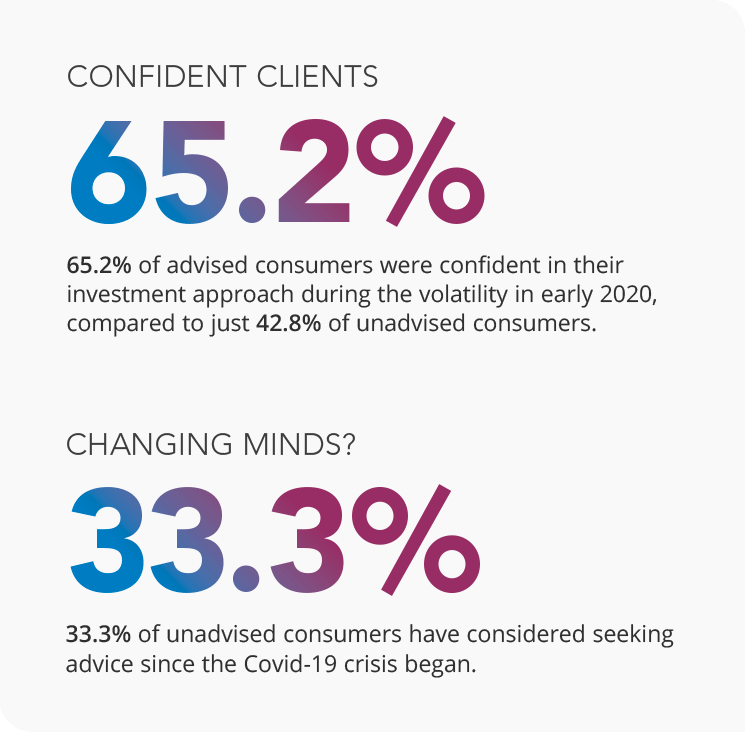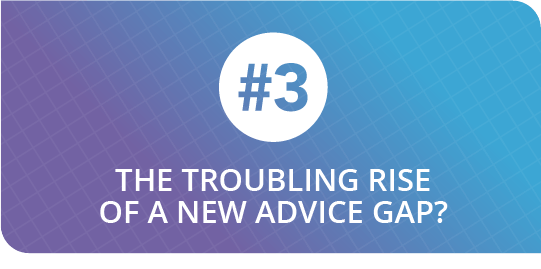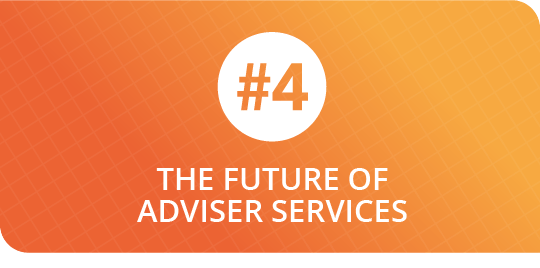Embark Investor Confidence Barometer
The Advice Effect: New Evidence of the Value of Advice
Impact of advice on investor confidence stark during Covid-19 crisis
Times of stress ‘can be very costly’ for investors
Demand for advice on the rise – especially among younger investors

The value of financial advice stretches beyond a monetary figure to a significant and measurable impact on investor confidence, our Barometer suggests.
While the Covid-19 crisis dealt a severe blow to unadvised consumer confidence, advised consumers remained confident, and even buoyant.
Most advised consumers (65%) reported remaining confident about their investment approach during the stock market crash in early 2020, compared to just 43% of unadvised consumers.
Investors were also surveyed on their confidence, pre-Covid and currently, in multiple aspects of their investment and retirement position, including whether they will achieve their short- and long-term financial goals, their financial circumstances once the Covid-19 crisis is over, and whether they will have enough money in retirement.
There was a stark difference between the confidence displayed by advised investors and financial advisers themselves.
Advisers are far more cautious than their clients about the impact of Covid-19 on their long-term financial prospects.
Advisers think on average that only 39% of clients’ financial situation in general won’t be worse off following the pandemic, and similarly that only 39% of clients will be unaffected in retirement due to it.

Advised vs unadvised investor confidence during Covid-19
Confidence in investment approach during February-April 2020 volatility
Respondents who selected ‘very confident’ or ‘somewhat confident’.
All results based on 250 advised consumers and 502 unadvised consumers
Confidence financial situation will not be significantly worse when Covid crisis ends
Respondents who selected ‘very confident’ or ‘somewhat confident’.
Demand for advice
The confidence gap appears to have been compounded by the volatility caused by the Covid-19 pandemic, which has caused a stark re-evaluation among unadvised consumers.
Before the Covid-19 pandemic, 70.1% of unadvised investors indicated they were confident of their ability to deliver their financial plans without an adviser – this has now dropped to 59.6%.
Seemingly because of this uncertainty, a third of unadvised consumers has considered seeking advice since the crisis began.
Demand for advice also appears to be greatest among younger unadvised consumers, with almost half (48.9%) of 35-44-year-olds considering seeking advice, compared with 21.4% of 55-64-year-olds.


An Expert’s View
“Times of stress can be very costly for investors. Decision horizons shorten, the emotional component of decisions increases, and we cling to the decisions that feel comfortable in the moment rather than those that are sensible for our long-term needs.
To overcome this, investors need to maintain a state of calm, and keep their focus on the long-term, which can be difficult to do in the face of rapidly moving events and a barrage of daily news.
One of the key values of advisers is helping investors navigate the storm and avoid knee-jerk responses, providing both experience and emotional calm. We see from these data how advisers can provide the confidence investors need to stick to their plans.
However, every investor is different, and advisers can be even more effective if they use objective diagnostic tools to help them understand the unique financial personality of each individual and personalise their communication and actions accordingly.”
Greg B Davies, PhD
Head of Behavioural Science, Oxford Risk
Contact us
If you have any questions or wish to find out more about the Embark Investor Confidence Barometer, please contact us here.

Download the full guide
Looking to download the full Embark Investor Confidence Barometer? Simply fill out a form and download the guide.



